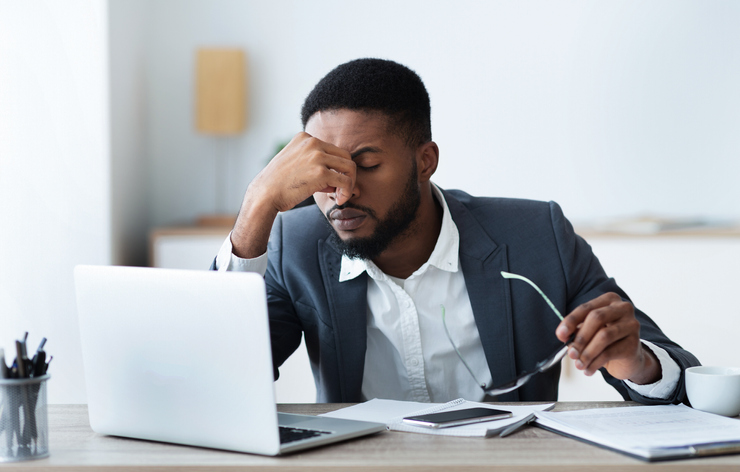Living with Chronic Pain
14 Tips to Deal With Fatigue Associated With Chronic Pain

Fatigue is a common symptom of many health conditions, including chronic pain. Fatigue isn’t just feeling a bit sleepy or drowsy; it presents as relentless exhaustion that doesn’t improve with rest. Fatigue not only affects energy levels, it can also affect motivation.
Tips to help deal with fatigue include the following:
1. Treat the cause of fatigue
Consult a physician to determine if chronic pain is the actual cause of fatigue. Ensure an underlying health condition is not the culprit.

2. Double check pain medications
Talk with a pharmacist or physician about chronic pain medications to determine if they are contributing to fatigue.

3. Ask about medications to treat fatigue
A new class of drugs, called wakefulness-promoting agents, may be helpful in treating fatigue. Consult a physician to see if this new class of medication can help.

4. Rest when needed
Do not push to complete tasks within a certain time frame. Take breaks as needed to ensure pain levels do not increase, and the body receives the rest it needs.

5. Ask for help
Inform family and friends when help is needed with household chores, cooking meals or running errands.

6. Lose the guilt
Don’t feel guilty about fatigue or chronic pain symptoms. Engage in the most activity possible, but also realize that rest and relaxation can also help ease symptoms.

7. Exercise regularly
Physical exercise reduces fatigue. Chronic pain symptoms can limit exercise choices; however, leisurely walking, swimming or stretching can help. Participate in gentle exercise activities. Avoid exercise close to bedtime.

8. Eat nutritious foods
Fresh fruits, vegetables, protein, dairy and healthy fats provide much needed energy. Nuts and fish are high in Omega-3 fatty acids, which can reduce inflammation. Never skip breakfast as it provides energy for the day. High-fiber cereal and complex carbohydrates with lean protein are a good choice. The body needs vitamins and minerals to function properly.

9. Drink plenty of water
Consume eight glasses of water per day to stay hydrated.

10. Get into a sleep routine
Go to bed and wake up at the same time each day. Avoid tablets, computers, phones and television at least one hour before bedtime. Avoid caffeine, alcohol and nicotine at least four hours before bedtime.

11. Avoid naps
The urge to nap can be difficult to fight, but naps interfere with obtaining restful sleep at night.

12. Consult a physician about medications
A sleep aid may be prescribed to promote restful sleep.

13. Counseling or therapy can help
Stress can cause fatigue and chronic pain to worsen. Consult a mental health provider about cognitive behavioral therapy or counseling to learn stress-relief methods.

14. Find alternative treatment
Massage therapy or acupuncture are stress-reduction techniques that can help reduce fatigue.



















